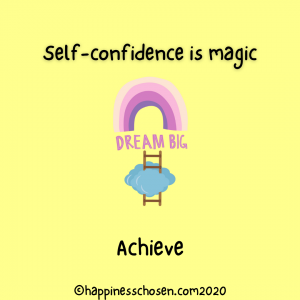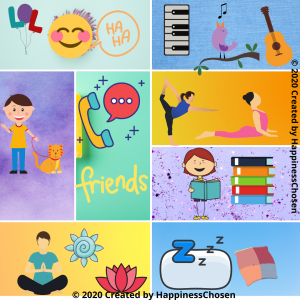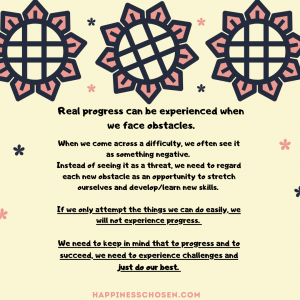image credit the20minuteguide
I would say our life does get changed quite a bit 😊when our son or daughter reaches the teen years. It was hard to believe when I heard from someone, but it is true, every parent experiences this phase, some more and some, who are fortunate, experience less. We have gotten through sleepless nights, the terrible two’s and threes’ and we think we know what we are doing, and then we are proved wrong! Along comes this teenager who poses a question and a challenge to our parenting.
Teenagers are smart and strong-minded with their own opinions about everything and they feel things deeply. Being a teenager is a challenging part of life. Mood swings, anxiety, self-esteem issues, body image issues, bullying problems, peer pressures, do not make their life easier. On top of this, sometimes they are burdened with high expectations of performing good in school or else facing a bleak future.
Recent studies using MRI analysis indicate a wave of overproduction of gray matter, the thinking part of the brain, occurs just prior to puberty. The structural changes that occur in adolescence in teens’ gray matter waxes and wanes in different functional brain areas at different times in development. Increases in estrogen and testosterone at puberty literally change the brain structure so that it processes social situations differently. Also, studies have shown that with increase in adolescents’ abstract reasoning skills, there is an increase in social anxiety as well.
Even though at times it gets challenging to have a proper talk with them, the key is constant communication. They need to know we are there for them no matter what. At this stage, they are so emotionally labile with fluctuating behavior pattern that even a small incident can become the “end of the world” for them. We must have lots and lots of patience and show compassion, full support, and unconditional love and focus on the positive while establishing ground rules and boundaries that they hopefully respect. We should try to set a good example by showing tolerance in our thoughts, words, and actions. We should also attempt to engage and spend time with our teen by involving in religious or social organization so that he or she feels a part of a bigger entity than ourselves.
It has been proven that prayer and meditation appear to stimulate those parts of the brain responsible for mental focus and higher thinking and reasoning skills.
May be planning a yoga session together or going for a jog or a bike ride or any constructive activity together, however small or short, reinforces a connection and positive communication channel between us and our teen.
In a matter of a few years, we will realize that our patience has paid off and we have raised a strong daughter or son whom we are so proud of. Our children do realize our importance and appreciate us being their strong supportive pillars they can lean on any time as they mature in their teen years and transition into their adult life.
References
Nat Neurosci. 1999 Oct;2(10):861-3. Brain development during childhood and adolescence: a longitudinal MRI study.
Dev Rev. 2008 Mar; 28(1): 78–106. A Social Neuroscience Perspective on Adolescent Risk-Taking
Ann N Y Acad Sci. 2004 Jun; 1021:355-62.Cognitive and emotional components of frontal lobe functioning in childhood and adolescence.
Percept Mot Skills. 2003 Oct;97(2):625-30.Cerebral blood flow during meditative prayer: preliminary findings and methodological issues.
































































One Response
I love this blog! I recommended this to worried parents….